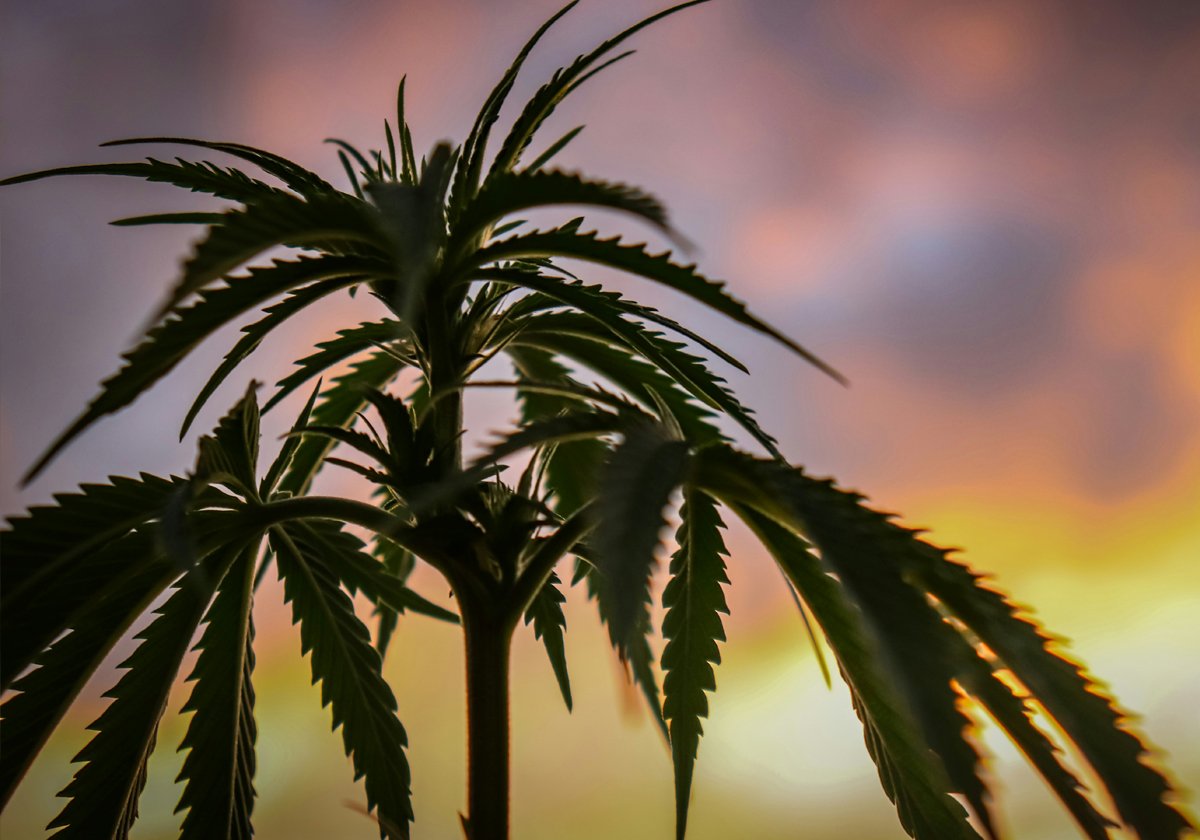BLOG

15/10/2024
Join the conversation about cannabis with knowledge and without prejudice.
Quick answer: what is the difference between CBD and THC? If you know the answer right away, without even having to think too much, it means that you are already somewhat familiar with subjects related to cannabis. If you are not sure, but have heard of it at some point in your life, then our conversation will be easier. But if you don’t know anything, don’t want to know and think that this is something for drug addicts, then the case is much more complicated. For one reason alone: it is a prejudice that comes from ignorance. There is a cure for this, you just need to want to understand the subject to participate in the conversation in a clear and transparent manner.
Not long ago, in a session in the Chamber of Deputies Committee in which the submission of Bill 399/2015 was discussed, we saw parliamentarians debating cannabis with many points that were disrespectful in relation to the truth. One of them stood out positively, Congressman Daniel Coelho (Cidadania-PE), who gave a personal testimony about the use of medicinal cannabis in the treatment of his wife’s illness.
It is very common for us to seek information only when a crisis knocks on our door. Right now, thousands of people are suffering from illnesses that could be completely alleviated with the use of cannabis. But lawmakers do not seem to care about this, focused on their own personal disputes.
Although it is a plant without any psychoactive principle, some have lumped hemp together with hard drugs, which is completely wrong. Hemp is a plant with practically no THC (tetrahydrocannabinol), so it does not get you high. And it is not only used for medicine. In addition to treating the soil, it can also be used by industries in a variety of sectors. I would like to emphasize here that THC, when used correctly, is extremely important in the treatment of various diseases, and doctors who are well prepared to prescribe this type of medication will be able to provide individualized guidance to patients, on a case-by-case basis.
But let’s get back to hemp, a plant that contains around 65% to 75% cellulose. Hemp requires four times less water to grow and process than cotton, making it the option that has the least impact on the environment when planted. However, it was precisely the cotton industry that entered this fight a few decades ago to prevent the advance of this important competitor in the United States. The historical – and, of course, economic – reparation is currently underway in that country.
A single hectare of industrial hemp can provide around five tons of cellulose per year. The production of bioplastic is another of the thousands of possible applications for hemp. Precisely because it has high concentrations of cellulose in its composition, hemp offers a sustainable alternative to the plastic most commonly used today, which comes from resins derived from petroleum or natural gas, fossil, polluting and finite materials. Plastic made from hemp is 100% biodegradable, believe it or not.
In Brazil, with an estimated housing deficit of 6 million homes, we could transform hemp into hempcrete. In other words, concrete made with hemp, another name for hemp. The blocks have a high capacity to retain carbon and have a higher thermal mass than traditional concrete.
We could go on with examples, but I think you get the idea. Those who haven’t given up reading this far have clearly understood what we’re talking about. And now, yes, you have the elements to form a consistent opinion on the subject.
SHARE THIS POST
TAKE THE QUIZ:
STARTING A CANNABIS BUSINESS
Not sure where to start or do you have questions about the conditions for entering this market? Complete the quiz and get a tailored recommendation
ACCESS THE QUIZ

